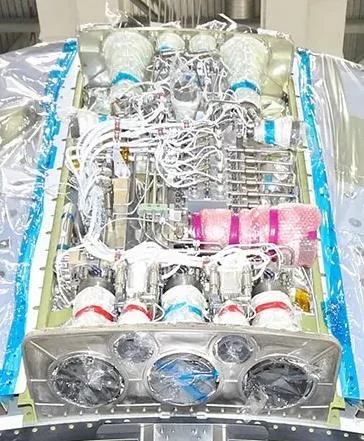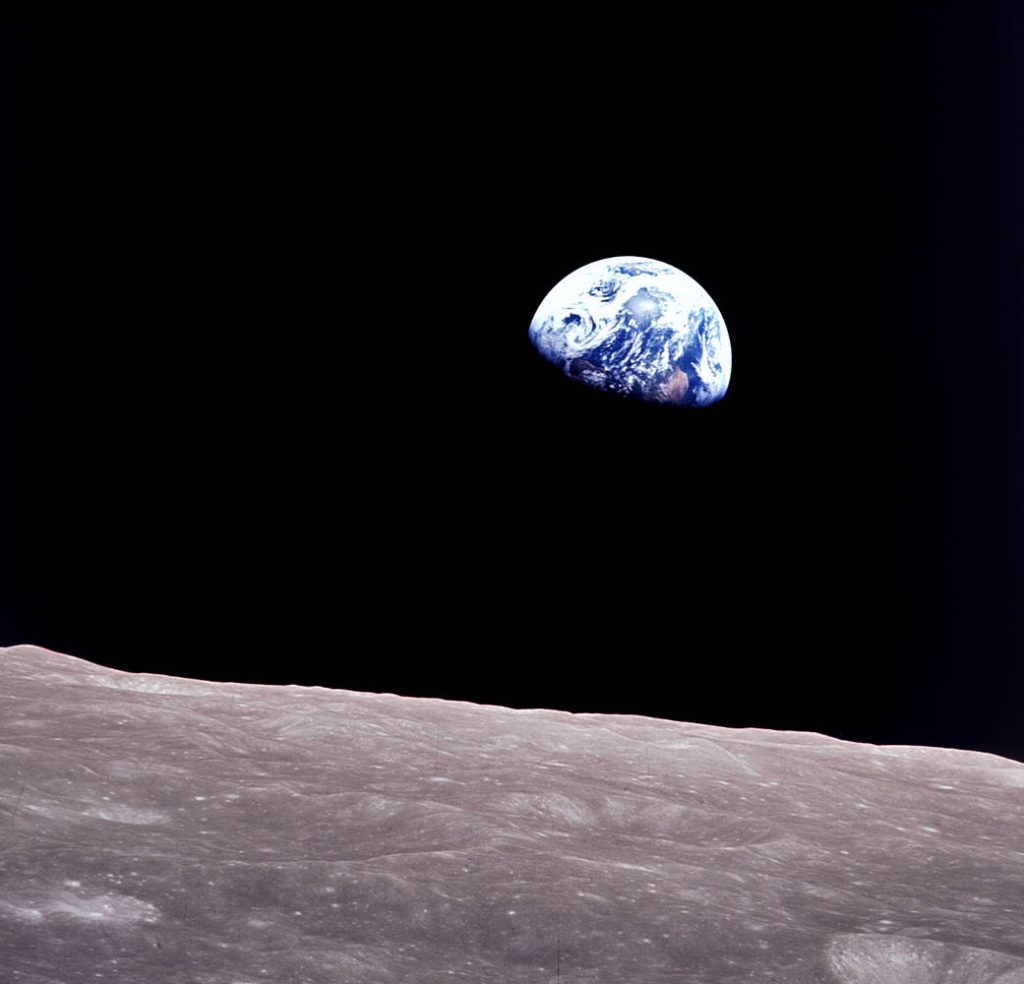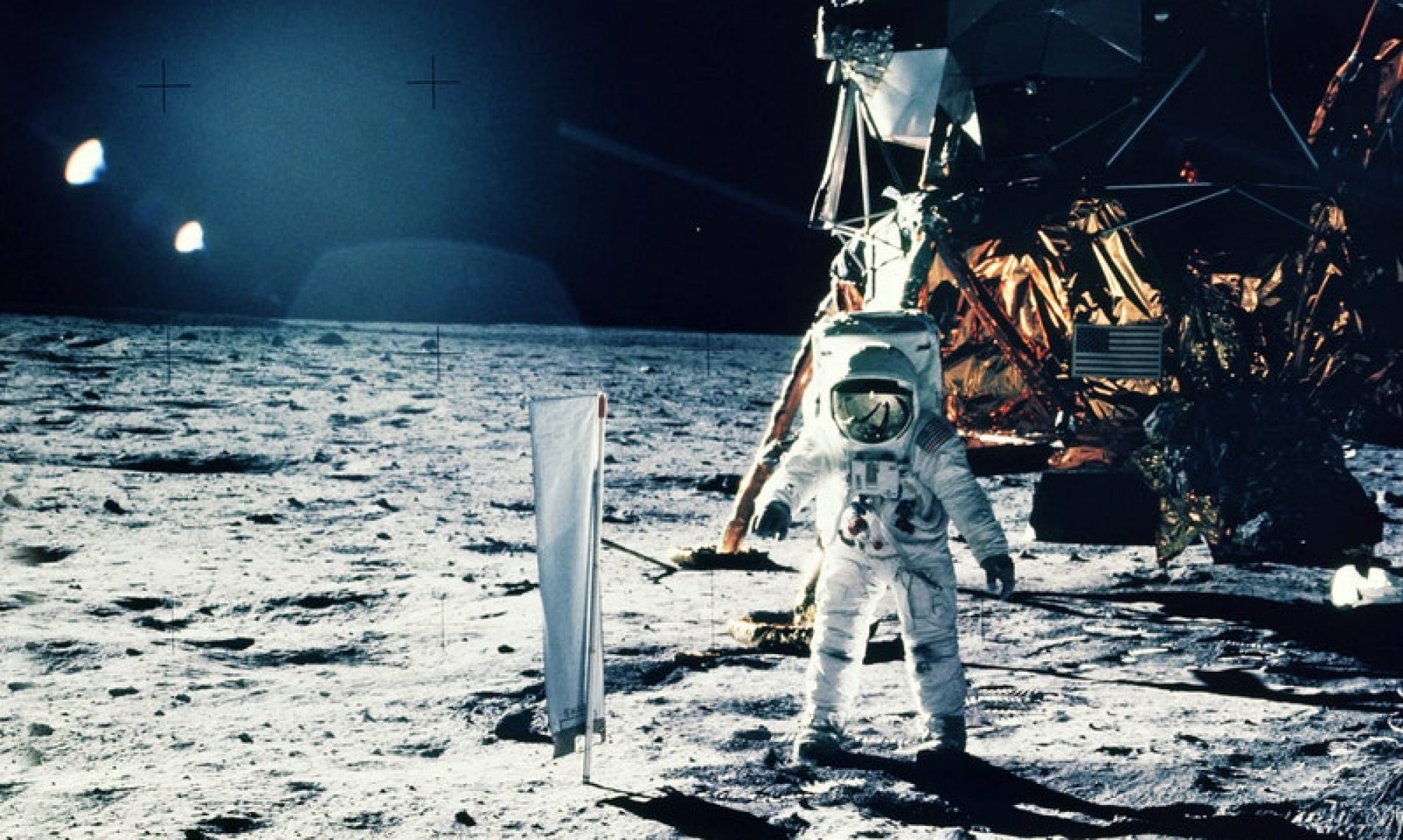The Economic Benefits of Moon Exploration: How Every Ounce of Apollo Changed the World
When you think of the Apollo missions, you might imagine astronauts leaping across the lunar surface or gazing at Earth from afar. But what if I told you that every ounce of equipment aboard those missions not only advanced our understanding of space but also created ripple effects that transformed the global economy?

From pioneering GPS technology to uncovering the Moon’s internal structure, the Apollo missions were investments in knowledge and innovation that paid dividends far beyond the stars.
Crashing for Knowledge: Unlocking the Moon’s Secrets
The Apollo missions weren’t just about planting flags—they were about conducting groundbreaking experiments. Among the most fascinating were the seismic experiments, which involved deliberately crashing spacecraft components, like the lunar modules and rocket stages, into the Moon’s surface.
Why? These impacts sent seismic waves rippling through the Moon, waves that were recorded by instruments left behind by astronauts. By analyzing how these waves traveled, scientists determined that the Moon’s crust contains minerals like pyroxene and that its core is a mix of iron and sulfur. Even more intriguing, the Moon’s “tidal locking”—the phenomenon that causes the same side to always face Earth—is a direct result of its unique mass distribution.

This data didn’t just deepen our understanding of the Moon; it also helped refine Albert Einstein’s theories on space-time. In turn, these refinements laid the groundwork for GPS technology, which is now integral to our modern economy, from navigation apps to global logistics.

Investing in Space: Profits Beyond the Moon
The Apollo program proves a compelling truth: investments in space exploration yield tangible economic benefits. The technologies developed for these missions led to advancements in materials science, computing, and telecommunications, industries that now contribute trillions to the global economy.
Even the concept of crashing spacecraft into the Moon has a direct parallel to modern innovation. By studying how impacts affect planetary surfaces, scientists are better equipped to develop asteroid-deflection strategies, a potential safeguard against catastrophic impacts on Earth.

Why Support Space Exploration?
When you support space exploration, you’re not just funding rockets and experiments; you’re investing in the future. Every breakthrough, from understanding seismic waves on the Moon to perfecting Einstein’s equations, generates technologies and knowledge that ripple through our economy and society.

So, the next time someone asks, “Why go to the Moon?” the answer is clear: because every mission is an investment in a better, more advanced future.
Together, we can continue to explore the cosmos, not just for the thrill of discovery but for the countless benefits it brings back to Earth. Let’s make the case for space exploration—because the next giant leap starts with us.
If this resonates with you, consider sharing this post or supporting efforts to educate others about the importance of space exploration. Together, we can make space the next frontier for economic growth and innovation.
So, what are you waiting for? Share this article now and ignite the conversation about the amazing science happening on our Moon! Follow us on Blog – Spacecraft Guide.

One Reply to “Every Ounce of Apollo”